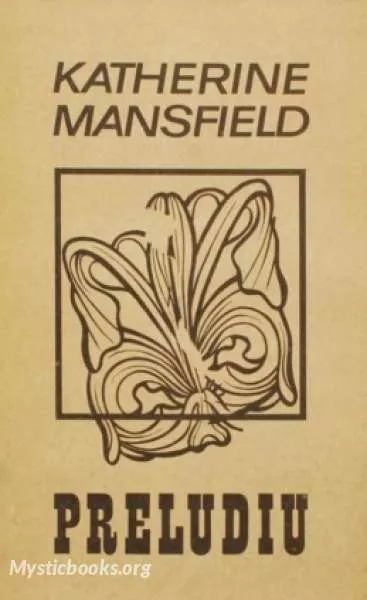
Prelude
'Prelude' Summary
The story is divided into twelve sections. It opens in medias res, and it is gradually developed that the Burnell family is moving out of their house.
I
There isn't enough room left on the buggy for Lottie and Kezia to get in because of all the stuff from the removal. A neighbour, Mrs Samuel Josephs, will look after them until another van comes in the evening to pick up other stuff. The children are told to mingle with the neighbours' children, and they are given tea.
II
Then Kezia goes back into her old house, looks about a few remaining items, then gets scared of something behind her. Lottie draws by and says the storeman is there to pick them up. They leave.
III
On the road the storeman refers to a lighthouse on Quarantine Island, thus suggesting that the story is set in Wellington. When they arrive, they are greeted by the grandmother; Linda has a headache; she and Aunt Beryl are having tea. Aunt Beryl and Stanley have argued over the fact that he was at work while she was left alone to deal with the removal.
IV
The grandmother tucks the children in: Lottie and Isabel in the same bed, Kezia with her. Lottie says a prayer. Aunt Beryl dreams of being independent from Stanley. Stanley brags about buying the new house so cheap, then goes to bed with Linda. Pat and the servant girl turn in too. The grandmother goes to bed the last.
V
The next day, Linda wakes up to a sunny weather and a husband boasting about his physique - she ridicules him slightly. Bored, she thinks of how she dreamt of birds.
VI
The grandmother is doing the dishes in the kitchen and remembers how, when they lived in Tasmania, Beryl was once stung by a red ant...Then Aunt Beryl wonders where she can put up some paintings she doesn't like. Linda comes up and is sent to the blooming garden to look after her children; Kezia and she look at an aloe.
VII
Stanley comes back delighted from work with cherries, oysters and a pineapple, willing to see his wife; Linda seems less happy; Aunt Beryl is 'restless'.
VIII
The girls play at grown-ups, until Pip and Rags, their cousins the Trout boys arrive. The garden is "boncer" (or bonzer, an Australasian word meaning "super").
IX
Pat chops off a duck's head to show the children that the duck still walks on for some instants after being killed; Kezia is shocked by the episode and demands Pat to "Put head back"
X
In the kitchen, Alice is reading a book on dreams; Aunt Beryl comes in and bosses her round, then feels better and walks out.
XI
They eat the duck for tea. Stanley and Aunt Beryl play a game of cribbage, and he wins. Linda and her mother take a turn in the garden to look at the aloe. To Linda, the tree gets her thinking that she loathes Stanley, and dreams about leaving the house; Mrs Fairfield thinks it would be good to make jam out of the berries in the vegetable garden.
XII
Aunt Beryl writes a letter to her friend Nan, saying she is bored with living in the countryside, then thinks to herself how despicably false and unhappy with herself she is, until Kezia calls for her to come to dinner.
Book Details
Language
EnglishOriginal Language
EnglishPublished In
1918Authors
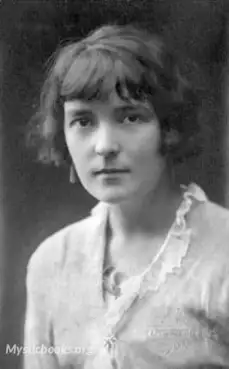
Katherine Mansfield
New Zealand
Kathleen Mansfield Murry was a prominent modernist writer who was born and brought up in New Zealand. She wrote short stories and poetry under the pen name Katherine Mansfield. When she was 19, she le...
Books by Katherine MansfieldDownload eBooks
Listen/Download Audiobook
- Select Speed
Related books
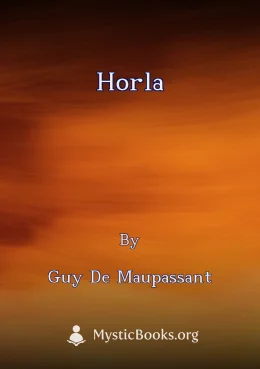
Horla by Guy de Maupassant
In Guy de Maupassant's chilling novella *Horla*, an unnamed narrator grapples with a terrifying and unsettling presence that seems to be slowly taking...
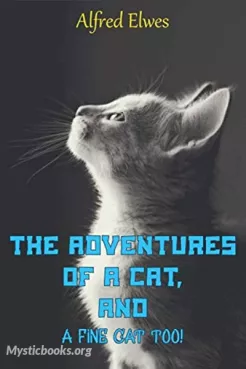
The Adventures of a Cat, and a Fine Cat Too! by Alfred Elwes
It is a charming and delightful children's book. First published in 1857, this classic tale is still beloved by readers of all ages today. The story f...
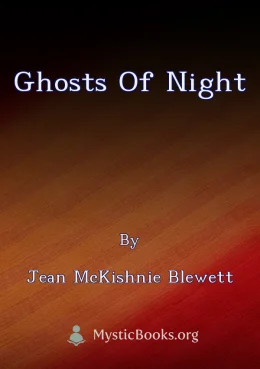
Ghosts of Night by Jean McKishnie Blewett
Published in the early 20th century, "Ghosts of Night" by Jean McKishnie Blewett is a captivating blend of historical fiction and the supernatural. It...

Willem Tell by Pieter Louwerse
Willem Tell is a classic tale of a Swiss hero who rebels against an oppressive Austrian governor. The story follows Willem's journey as he fights for...
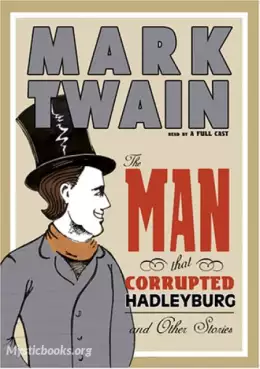
The Man That Corrupted Hadleyburg, and Other Stories by Mark Twain
"The Man That Corrupted Hadleyburg" is a piece of short fiction by Mark Twain. It first appeared in Harper's Monthly in December 1899, and was subsequ...
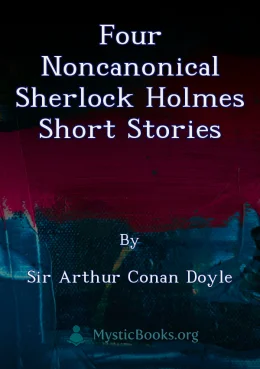
Four Noncanonical Sherlock Holmes Short Stories by Sir Arthur Conan Doyle
This collection features four non-canonical Sherlock Holmes short stories written by Sir Arthur Conan Doyle. These stories, excluded from the establis...
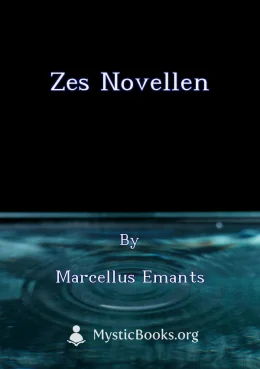
Zes Novellen by Marcellus Emants
Zes Novellen by Marcellus Emants is a collection of six short stories, written by the Dutch author in the late 19th century. The stories explore theme...

Black Cat Vol. 01 No. 05 February 1896 by Various
This collection of short stories, published in the February 1896 issue of *The Black Cat*, explores themes of the uncanny, the supernatural, and the u...
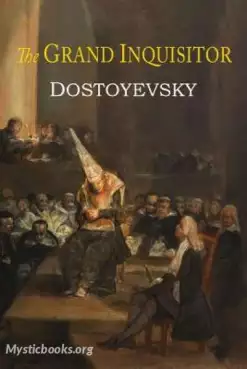
The Grand Inquisitor by Fyodor Dostoyevsky
"The Grand Inquisitor" is a poem (a story within a story) inside Fyodor Dostoevsky's novel The Brothers Karamazov (1879–1880). It is recited by Ivan K...
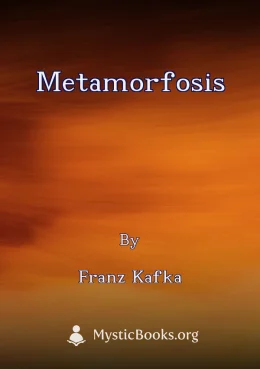
metamorfosis by Franz Kafka
La Metamorfosis, escrita por Franz Kafka en 1912, explora la transformación repentina de Gregorio Samsa en un insecto gigante. Esta transformación no...
Reviews for Prelude
No reviews posted or approved, yet...